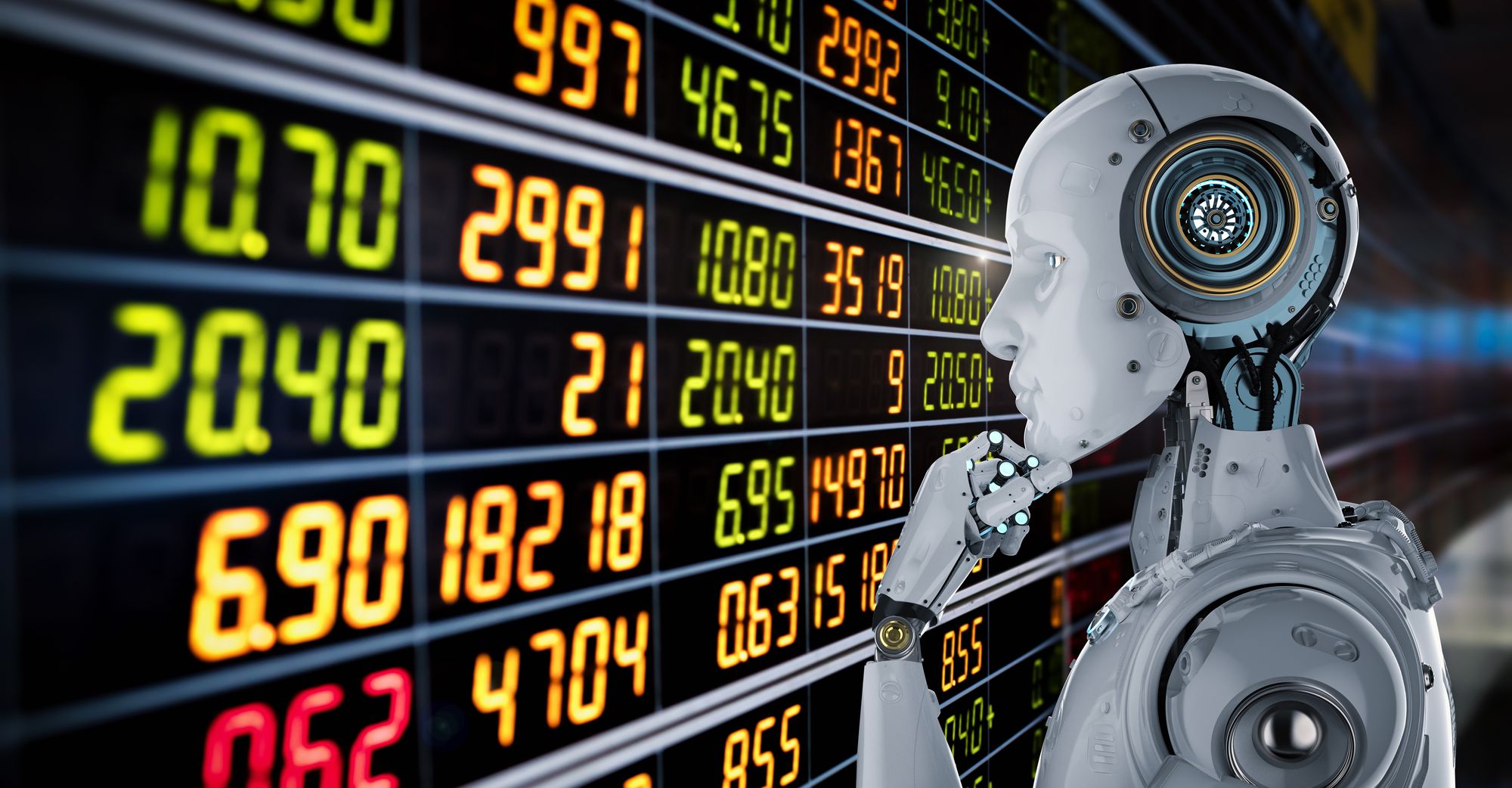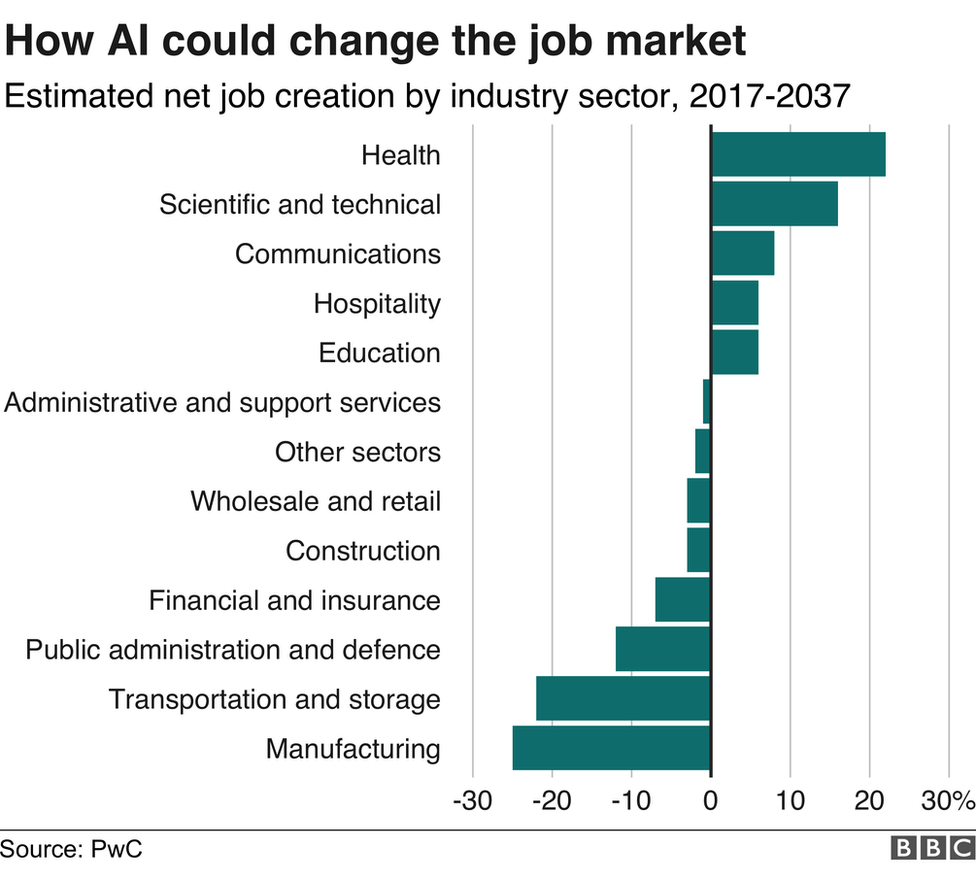The impact of IA in the job market
 Alain Victor Ramirez Martinez
Alain Victor Ramirez Martinez
Introduction
Many professions that were formerly carried out by humans are now being replaced by machines thanks to artificial intelligence, which is quickly changing the employment market. In this article, we'll look at the potential new professions that artificial intelligence could create over the next ten years and discuss its broader effects on how people will work in the future.
Potential New Jobs in Artificial Intelligence
Manufacturing is one of the primary industries where artificial intelligence is anticipated to have a substantial impact on the labor market. Robots and other automated systems that can complete jobs faster and more effectively than people, such as factory workers, are expected to replace humans in these positions. Similar to how delivery drivers and couriers could be replaced by drones and other autonomous vehicles, customer service representatives and investment analysts could be replaced by chatbots and other AI-powered systems. The top developing positions in artificial intelligence, according to a World Economic Forum survey, include data scientists and analysts, experts in AI and machine learning, and robotics engineers.

(Credit: Pathdoc-Shutterstock)
Skills and Qualifications
Workers will need to acquire new skills and qualifications as the labor market transitions to artificial intelligence to stay competitive. Data analysis, programming, and machine learning are some of the main competencies that will be in demand. Workers will also need to be able to collaborate with machines and other AI-powered systems as well as learn new technologies quickly.
Implications of AI on the Job Market
While the development of artificial intelligence is expected to result in the loss of many employees, it is also likely to open up new career options for those with the necessary training and credentials. For instance, there will be an increased need for individuals who can design, develop, and manage the AI systems that are being employed more and more in a variety of businesses. As shown in the following figure, PWC estimated the net employment creation as a result of IA in 2017 for the next 20 years and it was published in a BBC article.
Additionally, there will be a demand for people who possess the analytical and interpretive skills necessary to make sense of the enormous amounts of data that these systems produce. But there are also worries that the development of artificial intelligence may result in greater inequality and employment insecurity, especially for low-skilled people.
Benefits and Drawbacks of Automation
Although work automation has the potential to boost production and efficiency, it also has several disadvantages. For instance, it may result in the loss of human skills and knowledge as well as greater inequality and job relocation. Because judgments are made by algorithms rather than people, it can also result in a lack of accountability and transparency. Automation does have advantages, though, such as improved safety and lower costs.
Conclusion
In conclusion, over the next ten years, the development of artificial intelligence is anticipated to have a significant effect on the labor market. While this tendency is expected to cause many jobs to be lost, it is also likely to open up new opportunities for individuals with the necessary abilities and credentials. Therefore, employees must take the initiative to acquire the skills and information needed to flourish in the era of artificial intelligence. By doing this, they can contribute to ensuring that the advantages of AI are more evenly distributed and that any possible negatives are reduced.
Subscribe to my newsletter
Read articles from Alain Victor Ramirez Martinez directly inside your inbox. Subscribe to the newsletter, and don't miss out.
Written by

Alain Victor Ramirez Martinez
Alain Victor Ramirez Martinez
I am a telco engineer with self taugh studies in Data Science and ML. I am willing to start a new phase in my career moving from project, product and commercial management to the development field.
